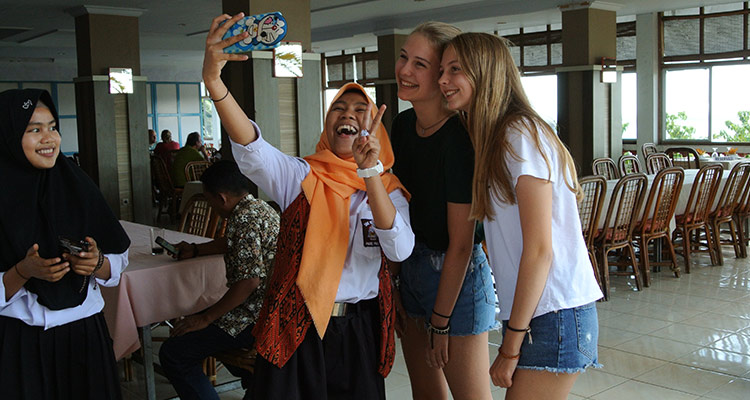
Is the knowledge of English necessary nowadays and why? What are the difficulties in learning foreign languages?Ħ. How many people in the world speak English?ĥ. Why do we need to learn foreign languages now?Ģ. Why does Kate Jinks want to be an accountant? What are the first two students going to be?Ĥ. Why did Nancy write everything about everybody in her notebook?Ī) She was learning everything about everybody.ī) Her classmates asked her to make a survey.Ĭ) Her teacher asked her to combine information and make a reportĢ. He thinks it's the most important profession nowadays. Nobody is going to be a litter man, though everybody thinks it is very important to collect litter. Kate thinks she has to do well in computing. Her mother is an accountant and works at the bank. I wrote everything about everybody in my notebook because our teacher, Miss Elson, asked me to combine the information and make a report. Yesterday we had a very interesting class. Most countries spend a large amount of time and money for formal education of their citizens. Adult education programmers are provided for people who wish to take up their education after leaving school.


Most countries also offer special education programs for giftedor for physically or mentally handicapped children. The school system of all modern nations provides both general and vocational education. At the end of their learning, learners may earn a diploma, a certificate, or a degree as a mark of their success over the years. Learners have to pass the exams to show how well they have progressed in their learning. Teachers expect learners to come to school regularly and on time, to work at about the same speed as their classmates, and to pass tests and exams. The learners study those things with the teachers at the head. In this type of education, the people decide what to teach. In most countries, people enter a system of formal education during their early childhood. We consider formal education to be the instruction given at different kinds of schools, colleges, universities. To do so, they may visit a book shop, library or museum, watch a television show. Education is also informal when people try to get information or to learn skills on their own initiative without a teacher. In the same informal manner, they learn to dress themselves, to eat with good manners, to ride a bicycle or to make a telephone call. For example, children learn their language simply by hearing and by trying to speak themselves.

Informal education involves people in learning during their daily life. One useful scheme for discussing education is to divide these ways of learning into two types: informal and formal. In its broadest sense we consider education to be the ways in which people learn skills, gain knowledge and understanding about the world and about themselves. Education includes different kinds of learning experiences.


 0 kommentar(er)
0 kommentar(er)
